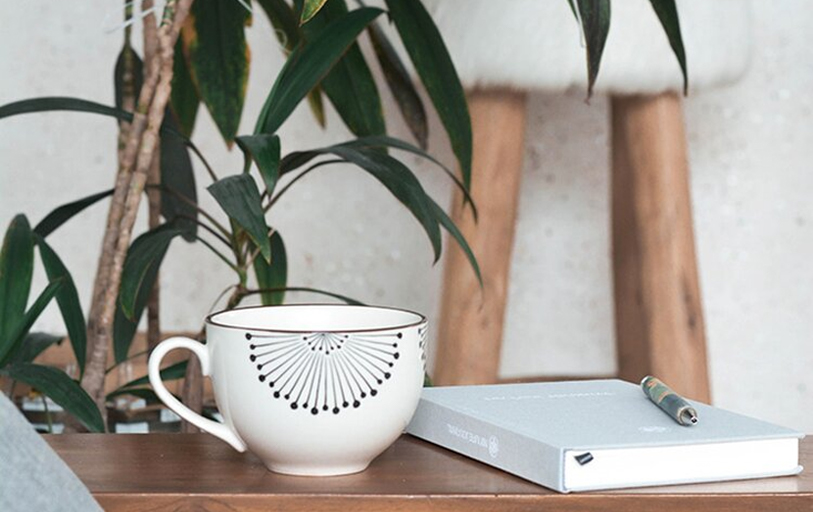A sure way to feel anxious, unstable, and out of control is moving through life in a purposeless, unstructured, and unintentional way.
 This is especially true during times of transition. When life feels in flux, it’s easy to see how our own internal weather system can become patterned with pervasive anxiety and fears of the unknown. It’s exhausting.
This is especially true during times of transition. When life feels in flux, it’s easy to see how our own internal weather system can become patterned with pervasive anxiety and fears of the unknown. It’s exhausting.
There are many useful tools to help manage anxiety and provide us with a greater sense of control over our minds and body. One set of tools are the practice of routines and rituals – a formulation of structures that provide predictability, consistency, and meaning.
What’s the difference between a Routine and a Ritual?
Routines are repetitive actions that give us a sense of order and stability. They help organize our day, while providing a through-line of consistent patterns – making the bed, walking the dog, cooking dinner. Routines are actions we do out of necessity, enjoyment, and practicality.
Rituals; however, are routines backed with intention and meaning. They are practices and customs that accentuate the importance of the moment. As psychotherapist and author, Esther Perel puts it, rituals move us through transitions in a purposeful way. She notes that everything from birthdays to graduations, to marriage, to death – can be marked by rituals that help us create a “code” for dealing with the transitions and milestones in our lives.
Developing routines and rituals can help us organize our world in a purposeful way.
This is especially true when we’re in the midst of a transition that is evoking anxiety and unease. When we create structure in our lives, we build the necessary scaffolding to contain those anxieties and fears. Routines become the consistent thread throughout our day upon which we can rely. Whether that’s waking up at the same time every morning, getting dressed, or brewing our morning coffee before work. These daily routines can calm the anxious brain and give us a sense of control.
Developing rituals take it a step further. We don’t have to wait for the big milestones to create rituals. We can find moments in our day to infuse our routines with more purpose and intention. For example, if drinking coffee is part of your everyday routine you may create a ritual around it by also setting a daily intention. Or you may start to develop a ritual with a friend by meeting them every week at your favorite restaurant. These small ritualistic moments can add up and become parts of your life to which you start to look forward and rely on as a way to feel connected to others and grounded in yourself.
Take a moment to examine your life and note what routines you already have in place – then ask yourself if there are any parts of your day where you could integrate more routine and structure. Next, zoom out and identify when and where you have the practice of rituals. With whom do you share these rituals? Do you have rituals you practice by yourself or are they shared experiences?
Routines give us structure and a foundation upon which we can rely. Rituals provide us with sacred moments to center ourselves, reflect, celebrate, mourn, and step out of autopilot.

